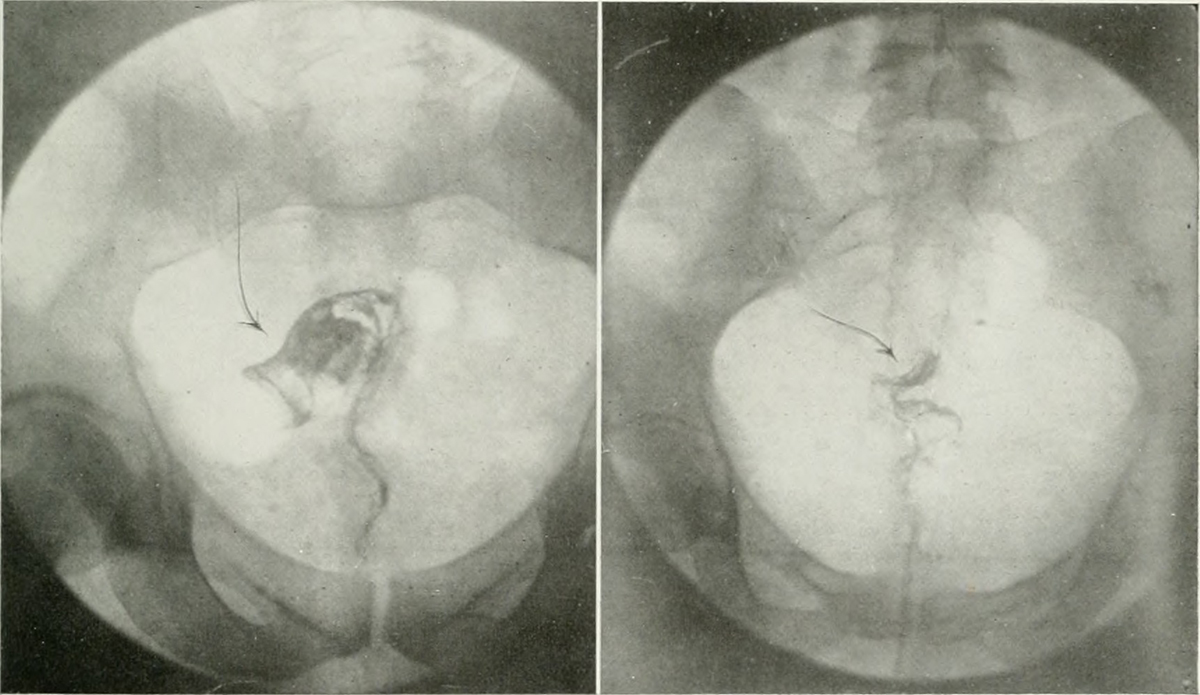
Magnesium is one of many minerals our body requires on regular bases. Approximately half of the total amount of magnesium is located inside the body cells while the other half represents an essential part of bone tissue. Apart from being an essential part of the skeletal system magnesium is a part of certain enzymes and it has many biochemical functions. It is essential to maintain the optimal level of magnesium in the blood and this can be properly achieved with well-balanced diet. In case of lack of magnesium the mineral can also be taken in a form of supplements.
Patients with magnesium deficiency develop a variety of symptoms and signs. Loss of appetite, tremor, numbness, tingling or cramps in muscles, convulsions, disorientation or confusion, psychotic behavior, depression as well as irritability of the nervous system are are only some of them.
Magnesium Deficiency - Causes
It is estimated that diet of many adults in the United States lacks desirable amount of magnesium. The intake of mineral is also low in people over the age of 70.
Apart from low intake of magnesium via food, the main cause of magnesium deficiency, inadequate level of magnesium in the body, also occurs due to excessive elimination of magnesium via urine. Furthermore, even some conditions that cause improper absorption of food may interfere with adequate absorption of magnesium and be responsible for its low level in the body.
Furthermore, intake of certain medications may significantly interfere with distribution of magnesium and its levels in the blood. Namely, hypomagnesemia commonly affects patients who are prescribed diuretics as well as certain medications used in treatment of cancer. Low level of magnesium also affects people who take certain antibiotics.
Increased elimination of magnesium via urine occurs in patients suffering from diabetes whose illness is not properly controlled and in case of high intake of alcohol. The problem is also associated with chronic vomiting and diarrhea when the body loses minerals uncontrollably.
Magnesium Deficiency - Treatment
Magnesium deficiency is confirmed with a simple blood test that measures the level of magnesium in blood. In case of a mild magnesium deficiency patients are advised to increase the intake of magnesium via certain foods (dark green leafy vegetables, rice, wheat bran, oats etc.).
Furthermore, some patients are prescribed magnesium supplements. There are several magnesium supplements and the doctor will choose the most convenient one. Intravenous administration of magnesium is used with patients with very low level of magnesium in the blood. Severe cases of hypomagnesemia are treated with magnesium sulfate supplement that is administered in a diluted form intravenously.

















Your thoughts on this
Loading...